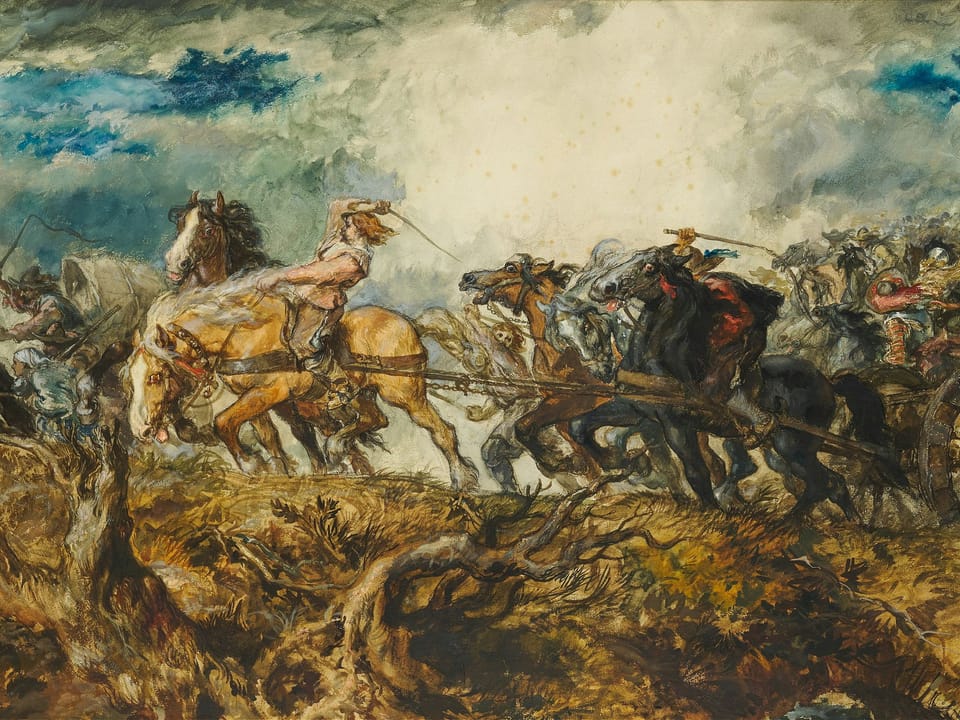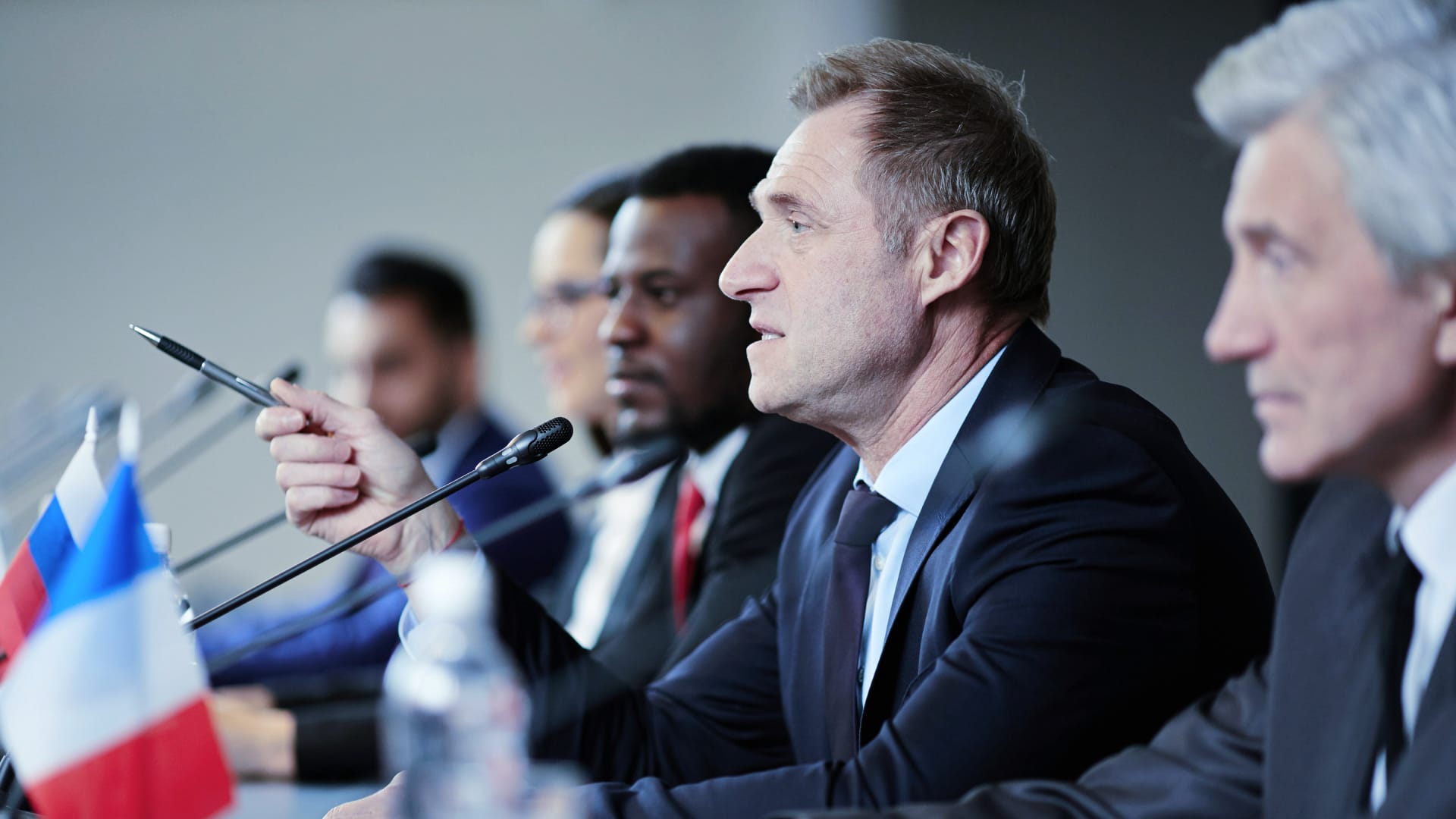The 27 musketeers

Right after Russian forces invaded Ukraine in February 2022, the member states of the European Union moved to impose heavy sanctions on Moscow and coordinate financial and military support for Kyiv. They seized the European assets belonging to cronies of Russia’s President Vladimir Putin. And they almost completely cut off imports of Russian oil and gas, which for decades had been critical sources of energy for most of the continent.
Two years later, though, its leaders are betraying clashing views on the war and other key strategic issues. In a speech at the Sorbonne on April 24, France’s President Emmanuel Macron said he stood by his suggestion earlier this year that European soldiers might end up having to fight in Ukraine to keep Russia from winning. Yet when Macron first mentioned the idea, Germany’s Chancellor Olaf Scholz immediately rejected it—and has continued to.
Meanwhile, in mid-April, Scholz took a delegation of German CEOs to Beijing, looking to boost trade ties with the People’s Republic and keep Chinese markets open to German exports. Three weeks later, when the Chinese Communist Party’s General Secretary Xi Jinping visited Macron in Paris, Ursula von der Leyen, the president of the European Commission, attended their meeting—only to warn Xi about what she sees as an unacceptable surge in low-priced Chinese exports into European markets.
Security, trade—why do Europe’s leaders seem so far apart on the most pressing issues they’re confronting together?
Mujtaba Rahman is the London-based managing director for Europe at the New York–based Eurasia Group, a global political-risk consultancy, and a former economist for the European Commission and the U.K. Treasury. In Rahman’s view, European unity is a paradox: Since Russia’s attack, Europe’s leaders have worked together on common projects that previous heads of state had never managed. And yet systemic problems, along with domestic political pressures, have held them back from building a shared strategy for the European Union’s foreign policy and security.
Their new cooperation—whether on economic sanctions, finances, or the potential expansion of the EU—is making Brussels a more powerful actor globally. But the EU’s member states are still pursuing their own security strategies and foreign policies—and they won’t yield any power over them that they don’t have to. At the same time, Rahman says, individual European leaders are too preoccupied with political challenges in their countries to think much about—let alone develop—long-term European strategies. All of which is creating a growing tension between the continent’s global economic power and its lack of political coherence …
Michael Bluhm: What positions do you see Europe’s major leaders taking on Ukraine?






